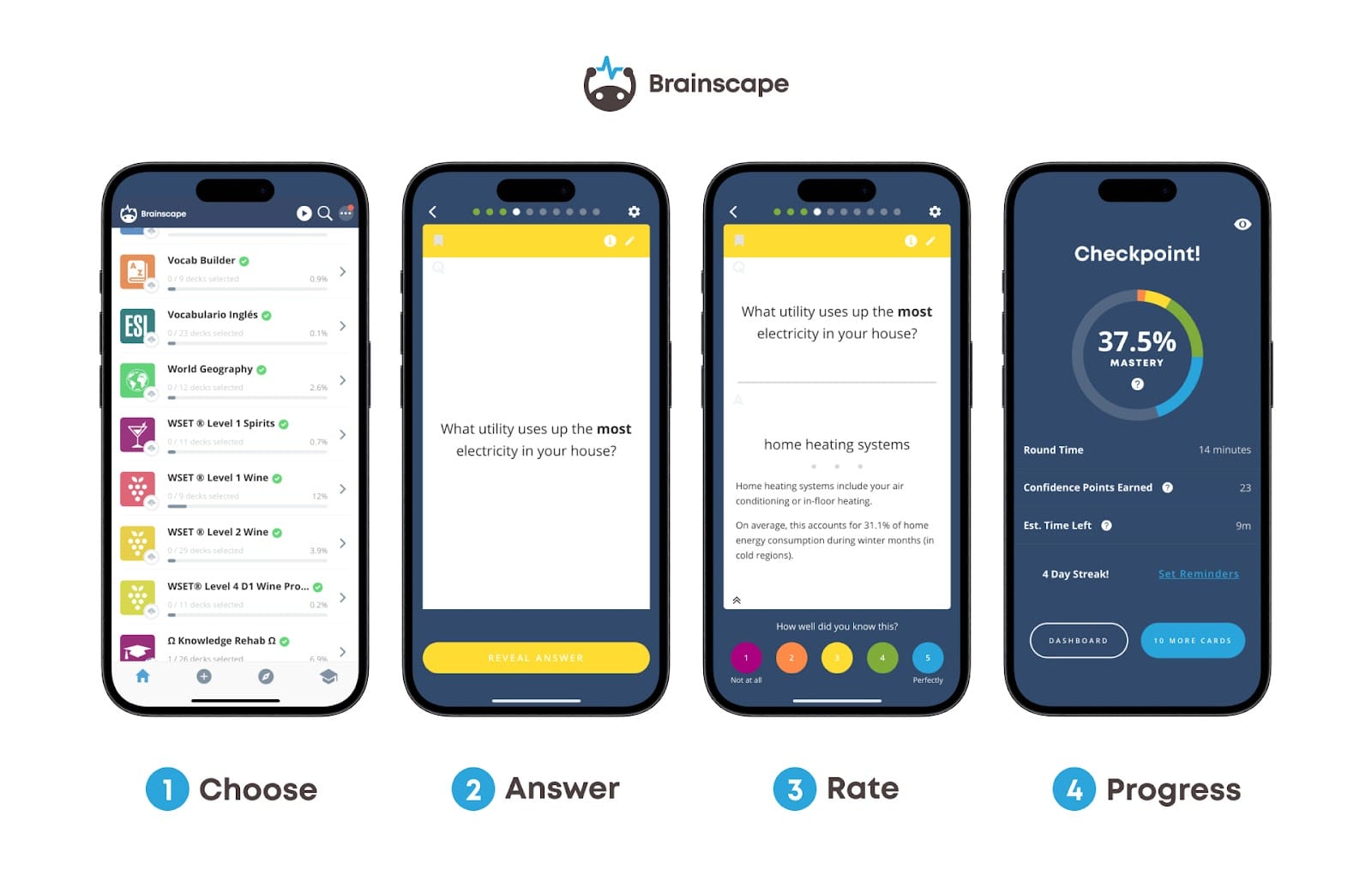Education pundits and policymakers frequently mention leadership as one of the most important skills that we should develop in our nation’s youth. Yet most so-called leadership development programs try to accomplish this goal through lectures, readings, discussions, case studies, and other passive means.
So, can you teach leadership in a classroom? The truth is that real leadership can only be learned by actually leading something. In other words, we should foster leadership skills by giving students more leadership opportunities in the class itself.
In this article, we'll explore how you can do that!
Teaching Leadership in the Classroom with Group Projects
Teachers can dramatically improve the way they prepare America’s future leaders by making one simple change to their teaching style: appoint clear project managers for group projects.
I don’t mean just designating a “group leader” who acts as the spokesperson during group presentations and discussions. I mean actually telling one student that 80% of the project’s grade weight is on their shoulders. Teachers can rotate project management responsibilities for each project throughout the semester so that each student gains experience as a group leader and in supporting roles.
This applies to both large, long-term projects as well as single-day projects. Having clearly designated project management roles results in:
- Greater project artifacts produced by students;
- The development of critical skills that are indispensable as soon as the student finishes school (or college); and
- Leadership opportunities for students who may not otherwise find these roles.
Group project managers learn to schedule meetings, lead small discussions, delegate responsibilities, create and manage project plans, set deadlines, solve group problems, and develop status reports for periodic meetings with the teacher.
Appointing a project manager for school projects also avoids reinforcing existing social dynamics where the same children are looked to as leaders while others miss out.
A Tool to Help Improve Students' Learning

If you’re looking for an effective classroom tool to help with learning outcomes in general, we recommend Brainscape—an adaptive, modern flashcard system that’s the perfect supplement to help solidify students' knowledge on their own. Our AI toolbox allows teachers and students to make flashcards from their study materials in seconds.
In other words, Brainscape helps you "outsource" the "knowledge acquisition" part of your curriculum so students can study on their OWN time. This helps free up more class time for collaborative activities that build leadership skills.
We've also put together an in-depth guide on how to optimize your students' knowledge retention after years of primary research from academic sources and educators using our learning platform. Check it out, and best of luck with this semester!
Additional Reading
- Remote Teaching Strategies for Educators in 2025
- How Brainscape facilitates the flipped classroom approach
- The 7 best educational blogs every teacher should read
References
Carnegie Mellon University. (2024). What are the benefits of group work? - Eberly Center - Carnegie Mellon University. Eberly Center for Teaching Excellence & Educational Innovation. https://www.cmu.edu/teaching/designteach/design/instructionalstrategies/groupprojects/benefits.html#:~:text=Group%20projects%20can%20also%20help,Share%20diverse%20perspectives.
Greenwald, R. (2010, December 5). Today’s Students Need Leadership Training Like Never Before. The Chronicle of Higher Education. https://www.chronicle.com/article/todays-students-need-leadership-training-like-never-before/
The Pennsylvania State University. (2017, October 27). Why we need leadership education in schools | Applied Social Psychology (ASP). Penn State. https://sites.psu.edu/aspsy/2017/10/27/why-we-need-leadership-education-in-schools/
USC Rossier School of Education. (2021, November 14). How can educators create the conditions for student leadership?https://rossier.usc.edu/news-insights/news/how-can-educators-create-conditions-student-leadership
